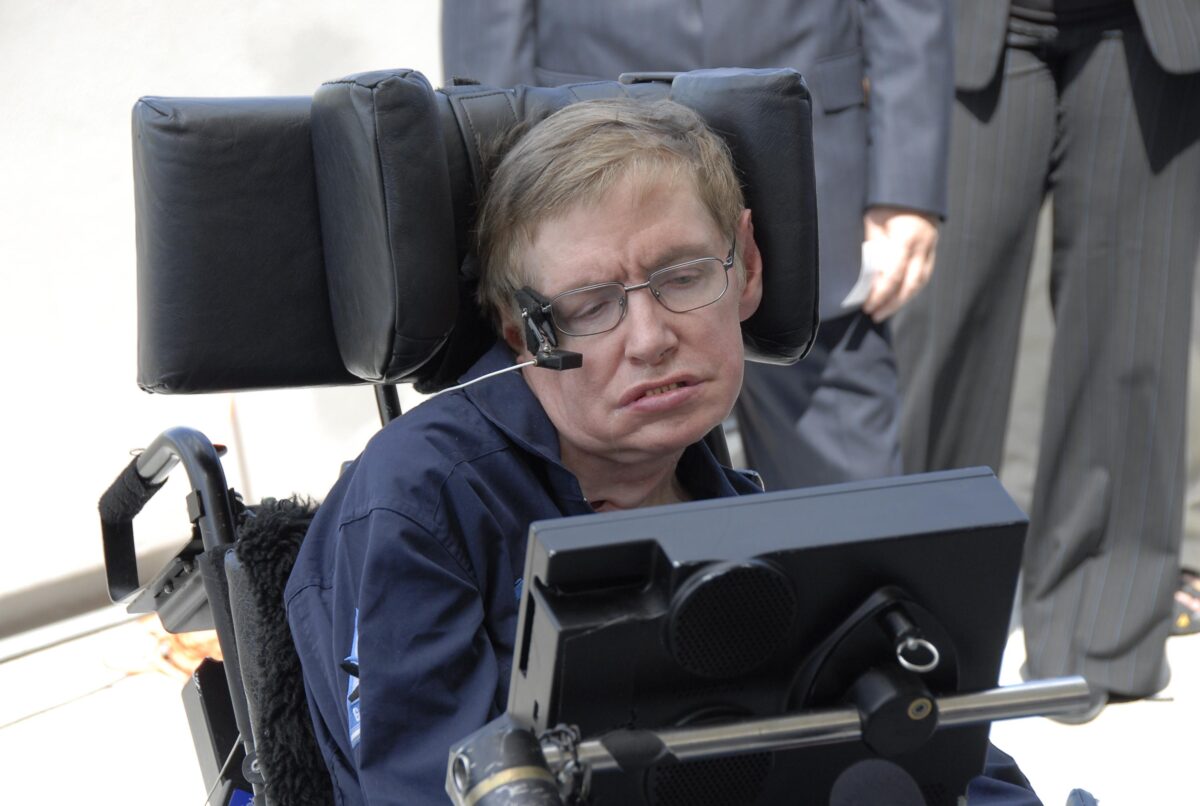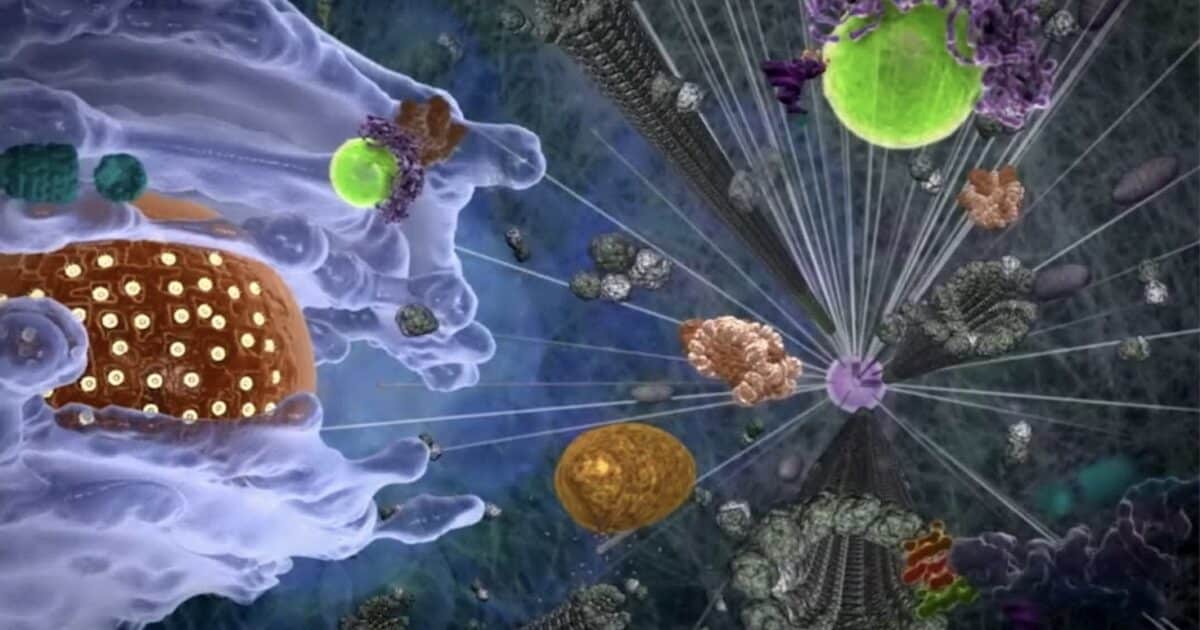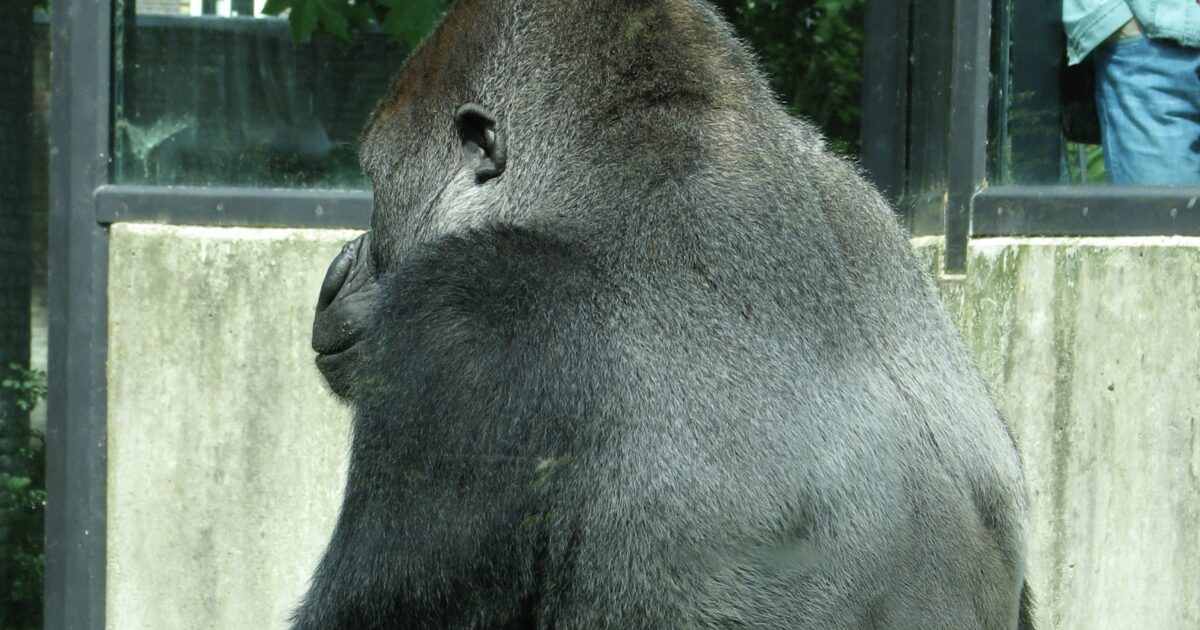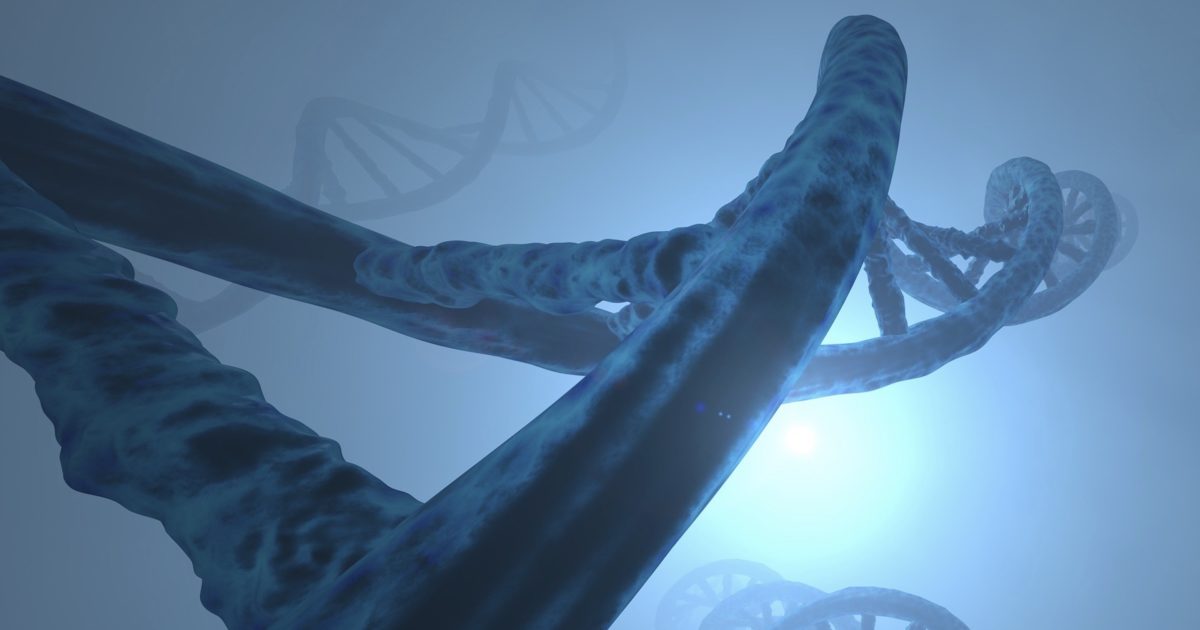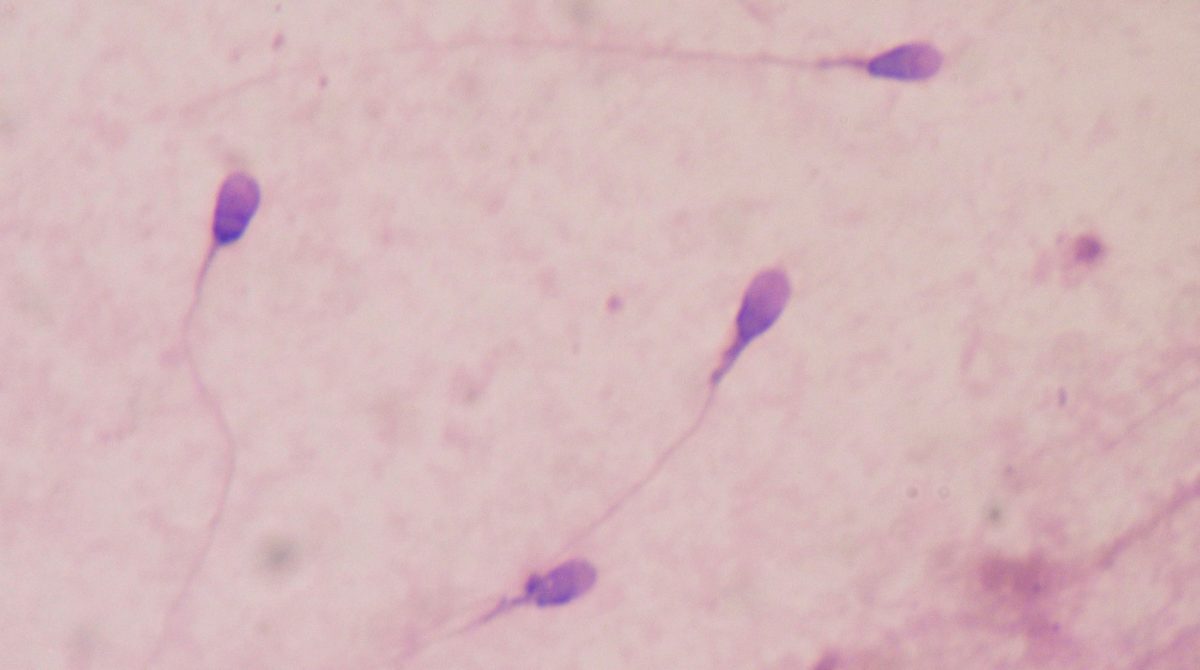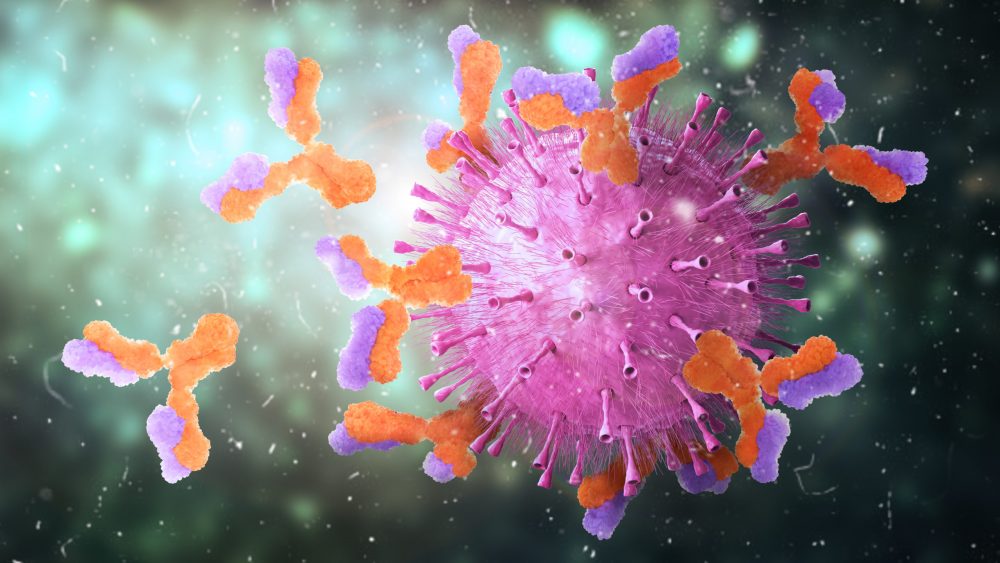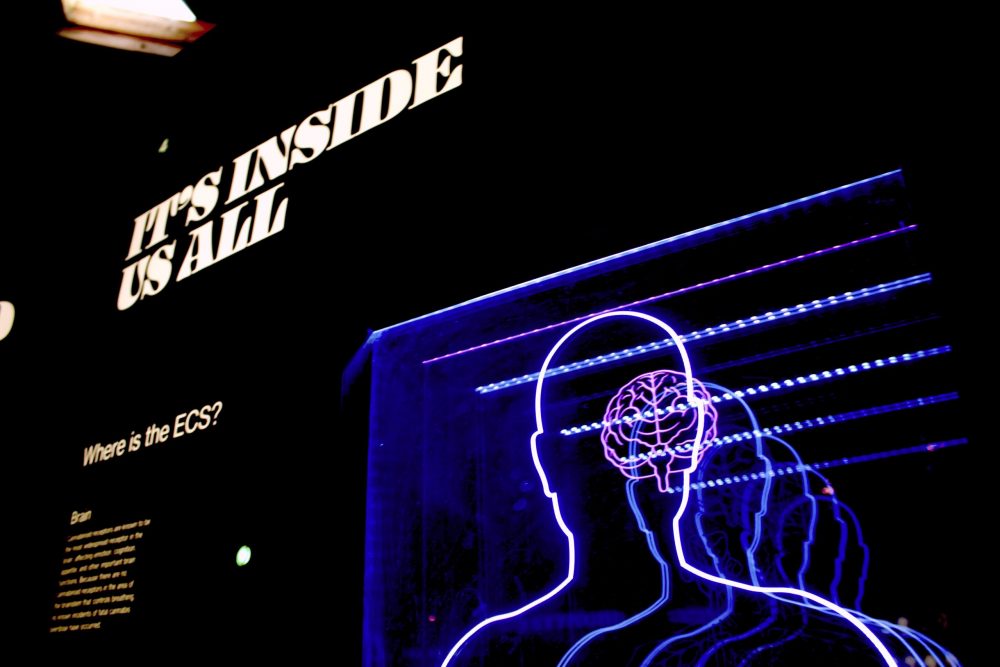Geoffrey Simmons (BS in biology, coursework completed for MS in microbiology, University of Illinois; M.D., University of Illinois Medical School; Internship and Residency in Internal Medicine, LAC-USC Medical Center; Boarded in Internal Medicine since 1974) is a retired internist in Eugene, Oregon, as well as an author, lecturer, and Fellow of Discovery Institute. Former Governor of the American Academy of Disaster Medicine (AADM) and a member of the Board of Governors of the Sacred Heart Medical Center's Emergency Preparedness Committee, he is the author of six novels and of the books What Darwin Didn't Know (Harvest Publishers, 2004) which has had ten printings and was translated into Spanish, as well as and Billions of Missing Links (Harvest Publishers, 2007). He has lectured on disaster preparedness on radio and television as well as at many neighborhood associations and high schools, and has been a medical correspondent for KABC in Los Angeles and KPNW in Eugene, a guest on the Steve Allen show, and has made numerous radio appearances related to his writings.




